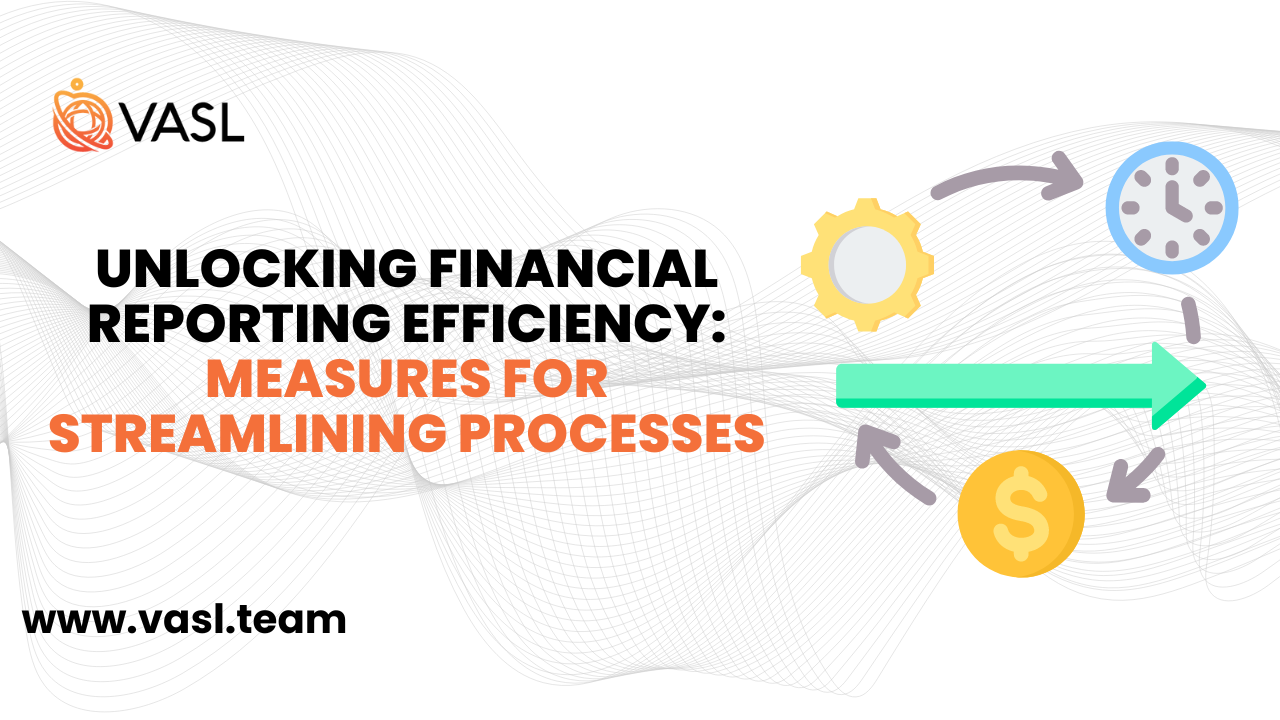
Unlocking Financial Reporting Efficiency; Measures for Streamlining Processes
Back in 2004, a famous company by the name of blockbusters got bankrupted. It had over 9000 rental shops all over US. In 2010, they filed for bankruptcy because of $900 million debt. Another company by the name of Woolworth had more than 800 stores. Those had to shut down after a century long run of the company due to inefficiency of cash flow management. Lehman Brothers, a prominent New York-based financial firm, hid over $50 billion in loans during the 2008 financial crisis, disguising them as sales through accounting loopholes.
Most of these shutdowns of major corporations happened because of inability to detect financial calculations and inefficient reporting by company accountants or management. In modern business, efficient financial reporting is key to success. Timely, accurate and insightful financial reports help decide. They also boost transparency and accountability. However, many organizations face challenges in optimizing their financial reporting processes. This article explores ways to improve financial reporting efficiency. These ways empower businesses to streamline their operations and drive better outcomes.
Understanding the Importance of Financial Reporting Efficiency
Efficient financial reporting is essential for several reasons. It shows stakeholders a clear picture. It's imperative for a company's financial health, performance and prospects. Timely reports help management make informed choices. They also help investors assess risks and opportunities. And they help regulators ensure compliance. Today's business is fast-paced. Making accurate financial reports quickly carries a competitive advantage as it can drive growth and sustainability.
领英推荐
Key Strategies for Enhancing Financial Reporting Efficiency
Conclusion
Quick financial reporting is a strategic must for organizations as they aim to thrive in today's competitive landscape. By using the strategies above, businesses can improve their reporting, drive efficiency and provide insights to stakeholders. Embracing automation, cross functional collaborations, standardization and data management can pave the way. They lead to streamlined financial reporting. This reporting supports informed decision-making and sustainable growth.
Fractional CFO | Finance Manager | Aspiring Software Engineer / AI Developer
6 个月It would surprise people how most companies (small or big) don't actually have solid financial foundations. I read in a report that corporations started to understand the importance and value of CFOs and Accountants during the Pandemic Lockdown in 2020. How alot of companies were "saved" for lack of a better term because their financial leadership stepped in and worked their magic to not only stand their ground in an unprecedented situation in modern times but also to actually thrive using "simple" methods and practices such as forecasting, planning and budgeting. Myself, in many situations, I've witnessed how the simple fact of reconciling one's books and tidying up could actually be part of a major business move and also extremely important in strategic planning. A few years ago, there was a report that came out on how in 10 to 20 years Accountants will be out of a job. I beg to differ. We, finance professionals, are needed more than ever! Josh Aharonoff, CPA Aaron Corbin, CPA auditor Michael King James Declerus Chris Ortega Aleksandar Stojanovi?, MSc. Soufyan Hamid Nicolas Boucher Oana Labes, MBA, CPA #FinanceMaster Fradel Levin ACCA